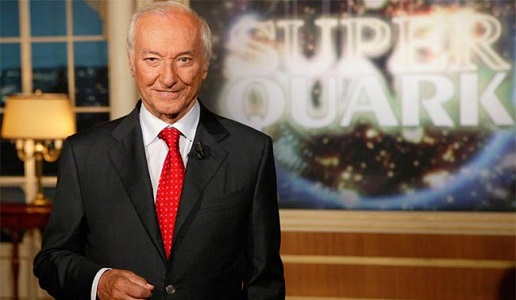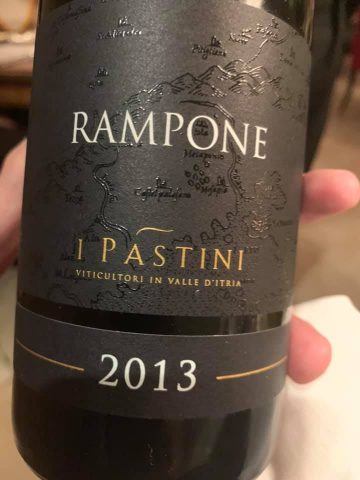The language of wine and discourse ethics

I have always wondered why it is possible to explain very complex matters in many areas whereas it has become increasingly difficult when it comes to wine.
German philosophers Karl Otto Apel and Jurgen Habermas defined it as “discourse ethics”, while Guido Calogero called it the “desire to understand”. Both refer to the need to understand and be understood in the context of a discussion, which basically means the rules for an “honest, clear and unambiguous conversation”. Thus it is a question of ethics, in general, which can be perfectly applied to the way one uses specific terms, also in regard to the world of wine.
There is, in fact, a debate in the world of wine that analyses and sometimes contrasts approaches that in some way are in conflict with each other. There is a jargonistic, technical, self-referential and scornful language that is used by those who seek to present themselves as a kind of guru, who draws a distinction, often improperly, between those who know, or should know, and those who do not. And it can be used even by great experts who, perhaps due to cultural vanity, seem less concerned with being as understood as possible even by those who, more or less, know as much as they do. Sometimes this involves awarding a “high” significance to technical jargon and approximate terms which are often tainted with incomprehensible or simply meaningless words that at times only create an authentic communicative delirium.
On the other hand, there are those to seek to communicate, share, make themselves understood and offer those who listen a means to understand. They do this by the terms they use, seeking to make their language as understandable as possible, simplifying it in a useful and correct way. In other orders, in an “ethical” manner the way as intended by Apel, Habermas and Calogero.
I am convinced that if we truly want to make a positive contribution to the world of wine, we really need to seriously tackle these ethical questions. We need to ascertain whether something needs to change, and deeply, in the way we communicate wine, which basically means adopting a different, clearer language that can instruct in an understandable way, while fully respecting scientific integrity.
There are many examples of this in other fields. In Italy, for example, there is the work done by Philippe Daverio for art, Alberto and Piero Angelica for a number of subjects, not to mention Mario Tozzi, Alessandro Barbero and even Vittorio Sgarbi. In the past, there have been authentic titans for expanding knowledge and culture, people like David Attenborough in Britain and Folco Quilici in Italy. I have always wondered why it is possible to explain very complex matters in many areas whereas it has become increasingly difficult when it comes to wine. To date, I have found no convincing reasons to explain this, even if I, personally, have been trying for years to do so.

 Italiano
Italiano








